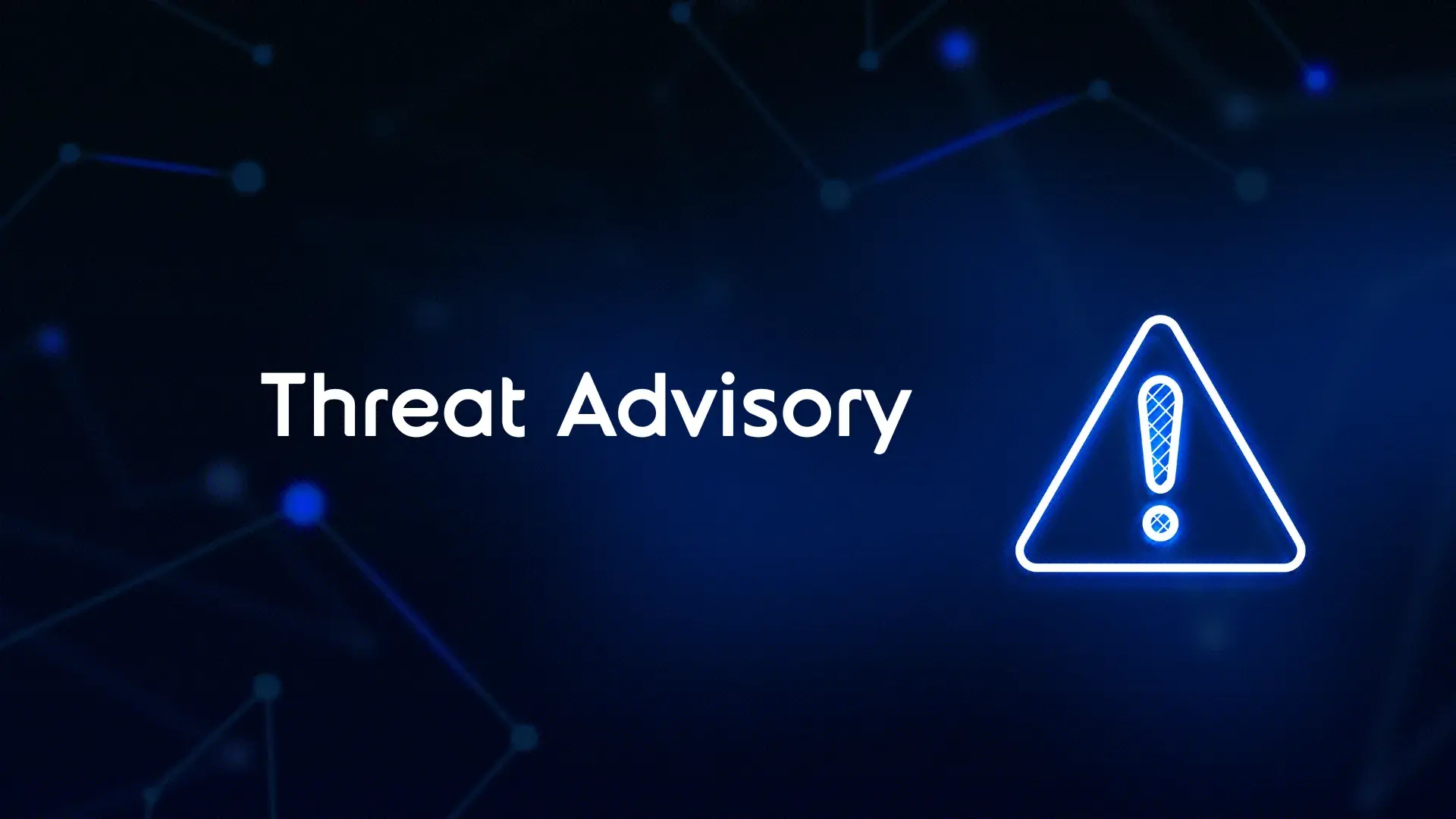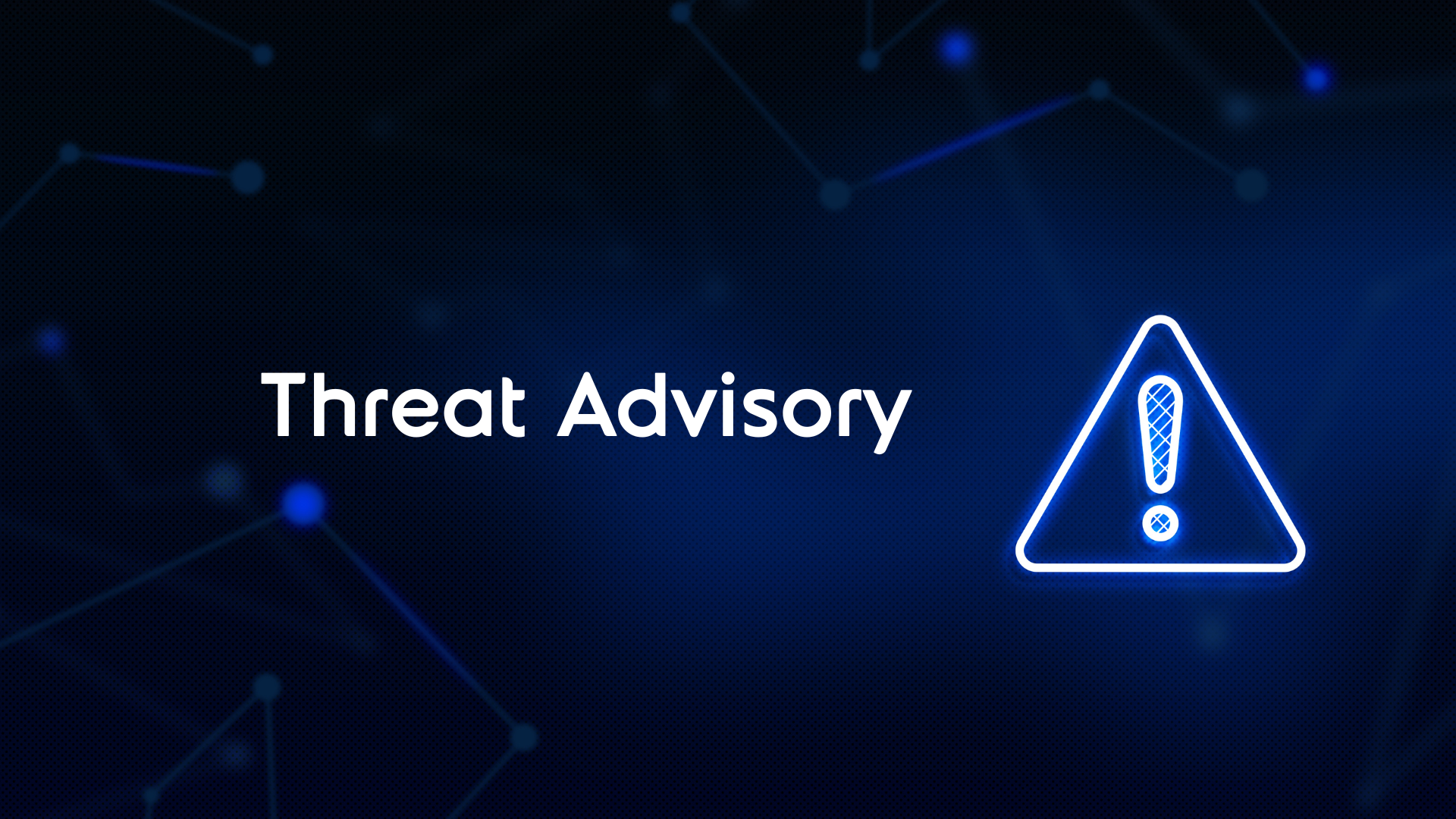How to get breach ready – building your Incident Response plan
In today’s threat landscape, the question for most organisations is no longer if a breach will occur but when. Being breach ready means having the structures, people and processes in place to respond effectively and minimise damage. A well-designed Incident Response (IR) plan gives your team a clear roadmap during a crisis, reduces confusion and accelerates recovery. Here’s how to build one that works in practice.















